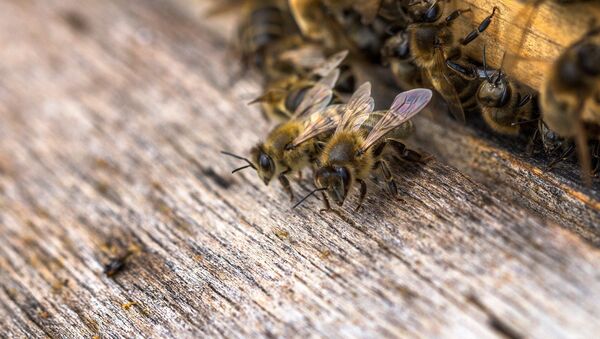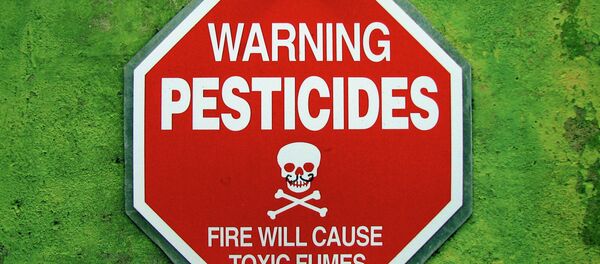"The EU's groundbreaking ban on bee-killing neonicotinoid pesticides is a huge win for pollinators, people, and the planet," said Tiffany Finck-Haynes, senior food futures campaigner for Friends of the Earth (FOE), Common Dreams reported.
In addition, Lori Ann Burd, director of the European Center for Biological Diversity's environmental health program, called the move a win for "science-based regulation of pesticides."
According to a recent statement by the European Union, the three types of neonicotinoid pesticides — imidacloprid, clothianidin, and thiamethoxam — will only be allowed in permanent greenhouses that do not house any bees.
Multiple studies have shown links between neonicotinoid use and decreasing bee populations. The new regulations are to take effect by the end of this year.
"Bee health remains of paramount importance for me since it concerns biodiversity, food production, and the environment," Andriukaitis Vytenis Andriukaitis, European commissioner for health and food safety, told the Guardian.
Martin Dermine, of Pesticide Action Network Europe, also praised the ban, stating that "authorizing neonicotinoids during a quarter of a century was a mistake and led to an environmental disaster. Today's vote is historic."
"A majority of member states gave a clear signal that our agriculture needs transition," Dermine added. "Using bee-killing pesticides cannot be allowed anymore and only sustainable practices should be used to produce our food."
In addition, critics of the pesticides also pointed to US environmental developments.
"The EU's wisdom highlights the Trump EPA's folly," Burd remarked.
"Although US beekeepers reported catastrophic losses again this winter, and just this past week the EPA closed a comment period on another suite of damning neonicotinoid risk assessments, rather than banning these dangerous pesticides, the agency is actually considering increasing the use of neonics across another 165 million acres," Burd noted.



